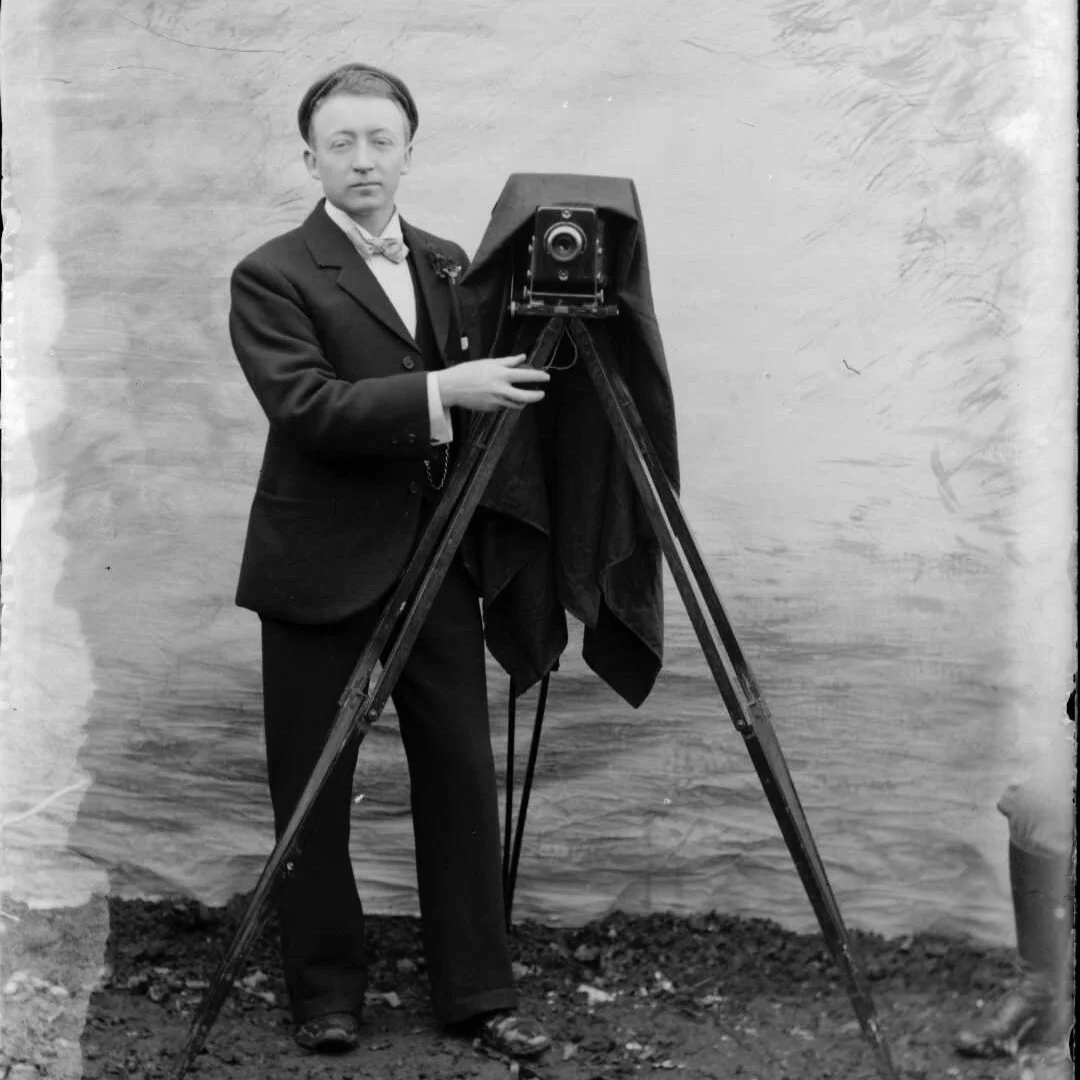
Waiata 21: He mea whakamāori, nā ngā Waiata a Wiremu Hākipia
A translation into Māori of William Shakespeare’s Sonnet 21
Mei kī rātou i ōu tino painga tūturu rawa atu,
Mā wai rā e whakapono aku waiata ā muri nei?
Ka mōhio pū ngā Rangi ko tēnei he toma noa iho
Ka whakahuna hāwhe i to oranga, kāore hoki e
Whakaaturia mai te hāwhe o ōu āhua. Mei matau
I ahau te tuhi i te pīwari o ēnā kanohi, te tatau
Mā ngā mita hauora i ō painga, kua tae te wā ka meinga:
‘Ka rūkahu tēnei kaitito; kore rawa ēnei painga tapu
E pā ki ngā mata tangata.’ Heoi, ka whakaparahakotia
Āku pepa, hōpuru i te wā, me ngā koroua ngutu tere,
Nā ka meinga ōu mōtika tūturu he wairangi kaitito
Me te hau pirau noa o tētahi waiata tawhito:
Engari, ki te ora tonu tētahi tamaiti nāu ā taua wā,
Ka ora rua koe, kei roto i a ia, kei ōku kupu hoki.
Who will believe my verse in time to come,
If it were filled with your most high deserts?
Though yet heaven knows it is but as a tomb
Which hides your life, and shows not half your parts.
If I could write the beauty of your eyes,
And in fresh numbers number all your graces,
The age to come would say ‘This poet lies;
Such heavenly touches ne’er touched earthly faces.’
So should my papers yellowed with their age,
Be scorned, like old men of less truth than tongue,
And your true rights be termed a poet’s rage
And stretched metre of an antique song:
But were some child of your alive that time,
You should live twice, in it, and in my rhyme.

Image: Portrait, circa 1905-1926, Adam Maclay Collection. Alexander Turnbull Library, Wellington. Catalogue entry here.